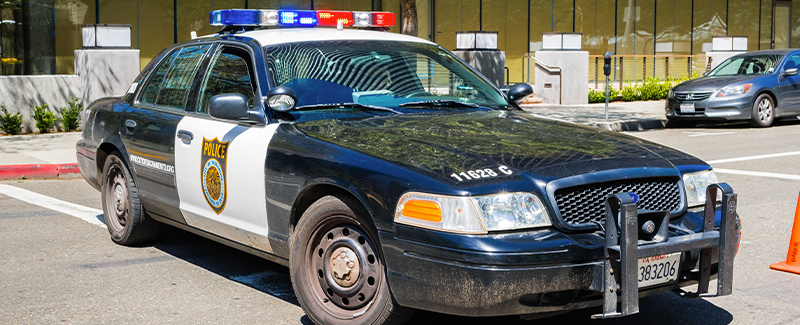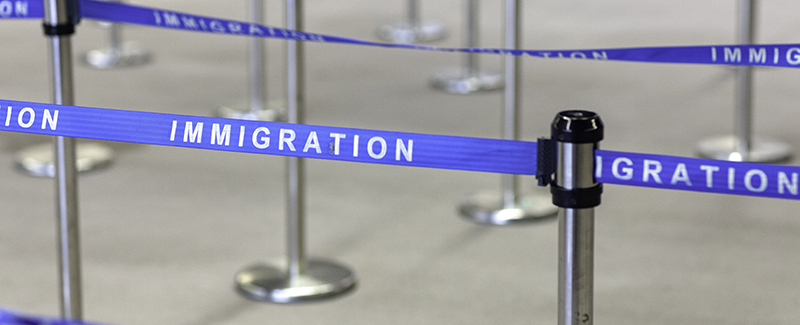Another background check company has come under fire, this time for baiting customers into purchasing packages by using false or misleading information.
MyLife is a website that operates by pulling together criminal records and public information on you, then compiling it and generating a “reputation score.” It makes this information available to everyone and promises to offer you “contact info & detailed background reports on anyone”… for a price, of course. It basically baits you into paying for a monthly membership, and while it has information on people you know, it mostly entraps customers by claiming it has personal information on them.
For Brion Finlay of Minnesota, MyLife’s web page said that “Brion DOES have Arrest or Criminal Records,” and “This may include DUIs, traffic tickets, and outstanding warrants.” Imagine a targeted link that claims to have information about you that you didn’t know about. Of course, you’re going to be tempted to click it, and fork over some cash to make sure it isn’t something serious. The monthly plan MyLife would charge you to see this information costs around $15.
Finlay filed a class-action lawsuit that claims, “MyLife’s true business appears to be a classic cyber extortion scheme whereby the company posts negative information online in the hope that individuals will ‘claim’ the page… by enrolling in a monthly plan.” His lawyer clarified that he doesn’t have anything on his record other than minor traffic tickets, but MyLife wrongly suggested there was something worse. And as long as it suggested this, it could be harder for Finlay to get a job.
MyLife currently has 13,777 (and counting) customer complaints via the Better Business Bureau, along with a D rating. They have been sued for inaccurate information and luring people into paying for information. In short, they profit off causing people stress.
We want to do the opposite. We believe that everyone deserves a second chance, and that a criminal record should not hold you back or determine how successful you can become. If you’re tired of having your criminal record pop up on odd corners of the internet, give us a call. An expunction could rid all records and let you live without the burden of your past.











